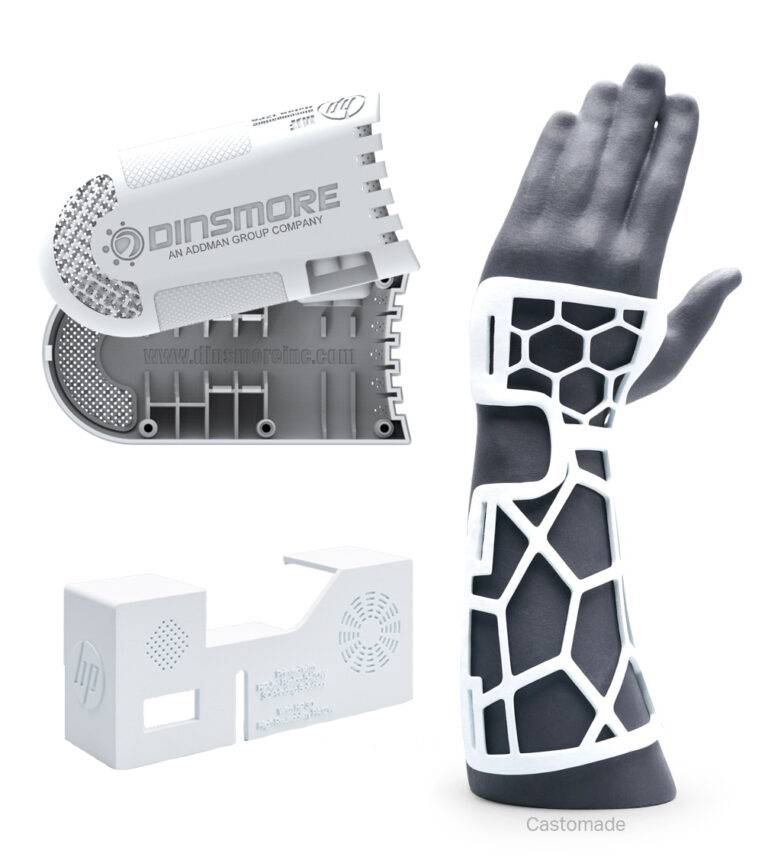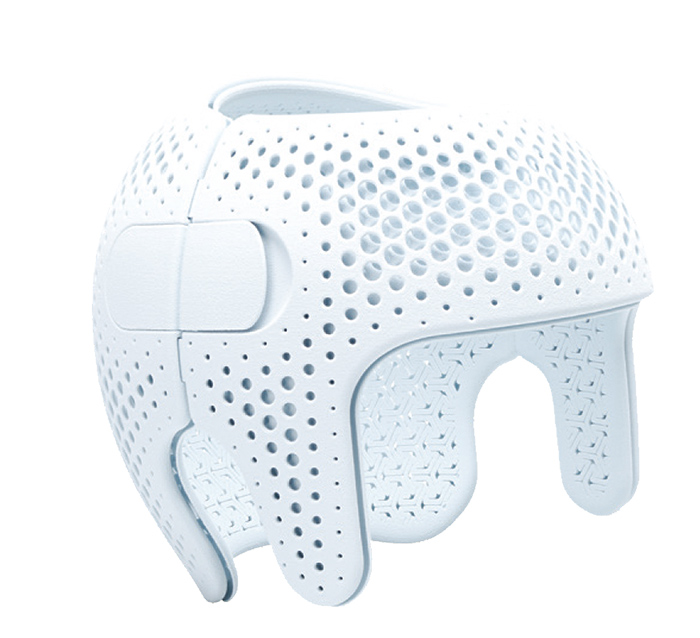Advantages:
Nylon 12 PA White offers several key advantages, making it a versatile and reliable material for a wide range of applications. Its high-density nature provides strong and durable parts that maintain their structural integrity even under challenging conditions. The material’s excellent chemical resistance to oils, greases, aliphatic hydrocarbons, and alkalies ensures long-lasting performance in harsh environments. Nylon 12 PA White is also certified for biocompatibility, meeting USP Class I-VI and US FDA guidelines, making it suitable for medical applications where safety and compliance are critical. Additionally, its versatile coloring options allow for a wide range of aesthetic customizations without compromising the material’s core properties.
Disadvantages:
While it offers strong and durable parts, the material may not be as flexible as other nylon variants, which could restrict its use in applications requiring significant flexibility. Although it provides excellent resistance to many chemicals, its performance may be less effective against strong acids or bases. The process of achieving specific colors through dyeing can add extra time and cost to the production process. Furthermore, like other high-performance materials, parts made from Nylon 12 PA White may require post-processing to achieve the desired finish, adding to the overall complexity of the manufacturing process.

